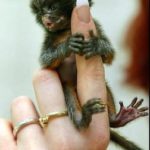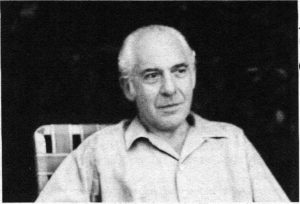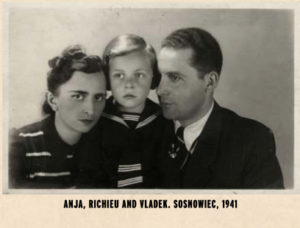“CX/CD/S (again), 11/16.” Write out the whole sentence for each one following the directions.
- His dog is named Snakefinder. — Add a dependent clause to make a COMPLEX (CX) sentence.
- The UFO landed. — Add an independent clause to make a COMPOUND (CD) sentence.
- Suddenly a llama appeared. — Add a phrase that describes how the llama appeared or what kind of llama it was or both, BUT keep the sentence SIMPLE (S).
- _____
- _____
- _____
- _____
- forgettable : iconic :: emotional : _______
- She has high ______(ations). She wants to rule the world.
- huge : diminutive :: inspiring : ______
- The root of this word means “life.” _____
- Reading Shakespeare for the first time can be rather ______.
- (2) They tried to ______ the angry and _____ mob by telling them their concerns would be addressed.
- “Dig and be dug in return” is Langston Hughes’s version of the old ____ about treating others how you want to be treated.
- Fifth Period tried to ____ Mr. Coward’s anger with cookies.
“Vladek, 11/16.” (10p, collaborative)
- (2) What things does Artie say have “taken their toll” on his father?
- What physical evidence does Vladek still show from the concentration camps?
- Chapter 1 is called “The Sheik” because Vladek looked like _______ who was the star of that movie.
- On p14, the circular panel marks the beginning of Vladek’s story. Where do we first interrupt that story, and come back to the present for a moment? (page and panel)
- Maus is told in ____ person. a) 1st b) 2nd c) 3rd d) 4th
- ID the character by name or description:
- a) p16, panel 1, the one in the dark coat
- b) p17, panel one, the one on the left
- c) p18, last panel, the one talking
- d) p21, last panel, the one talking
Read aloud.









